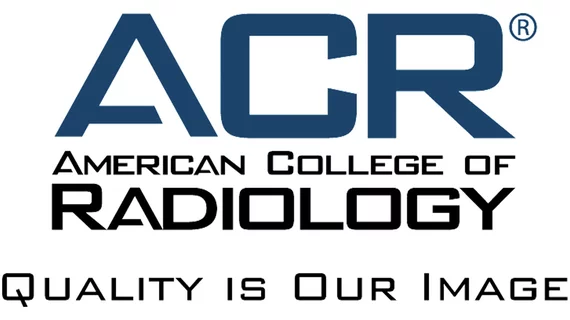ACR will host its annual meeting virtually due to COVID-19
The American College of Radiology announced today that it is taking its upcoming annual meeting online, opting for a virtual-only conference to help reduce the spread of the coronavirus.
In a statement published Wednesday, the ACR said its 2020 conference, which prioritizes governance activities, will run May 16-19. Originally, the in-person meeting was scheduled to take place May 16-20 in Washington D.C.
The college joins a number of other medical societies that have decided to cancel, postpone or move annual gatherings online. Those include the American Roentgen Ray Society, Radiology Business Management Association, Association for Medical Imaging Management, Society of Interventional Radiology and European Society of Radiology among others.
“The health and safety of ACR members and the patients they serve, as well as that of ACR employees and local hospitality staff, are the primary reason for this transition,” Geraldine B. McGinty, MD, MBA, chair of the ACR Board of Chancellors, said in the announcement. “We support and participate in ongoing national efforts to reduce coronavirus risk. As such, the ACR will empower ACR 2020 participants to take part online.”
McGinty also noted that due to guidance from the Centers for Disease Control and Prevention, the annual RADPAC Gala and Capitol Hill Day events will be canceled.

